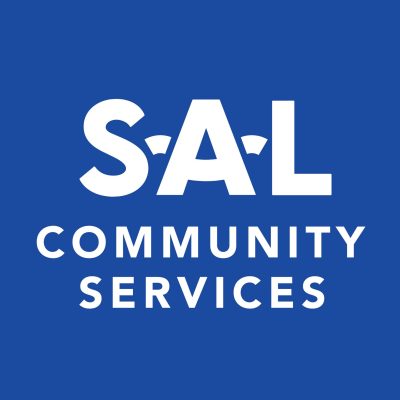Illinois Families In Need Can Get Housing Assistance Now
Individuals and families who are at risk of eviction or homelessness are encouraged to apply for emergency rental assistance through SAL Community Services. Until December 31, 2022, applications for back rent and advance rent are open to qualified residents of Henry, Mercer, or Rock Island Counties.
“Our focus is on stability,” said Loredia Nunn-Dixon, the director of SAL’s Open Door Crisis Assistance program. “When your housing is stable, you can stay focused on everything else, whether that’s education or work or taking care of your health. And if we can keep people where they’re at, that means landlords won’t go without tenants. This program is a win-win for us all.”
At SAL, the need for rental assistance became evident early on during the COVID-19 pandemic, when many people lost income. An earlier rental assistance effort at the organization was focused on immigrants and refugees, a population disproportionately impacted by the economic effects of the pandemic. The current funding—nearly $800,000 through the Illinois Department of Human Services—is open to anyone in the community.

To receive assistance, residents must have qualified for unemployment benefits or lost household income, incurred higher costs, or experienced other financial hardships directly or indirectly due to COVID-19. They must also be able to demonstrate a risk of homelessness or eviction because of their inability to pay rent. Finally, their household income must be at or below 80 percent of the area median income, with priority given to households with income at or below 50 percent of the median. Applicants must provide proof of income, a lease, and other documentation. There is no need to provide proof of immigration status.
Those who qualify may be able to receive up to 15 months of back rent and an additional three months of advance rent. If they have found a new apartment to rent after previously experiencing homelessness, they may be eligible for funds to cover a deposit and advance rent. Utility assistance is also available.
Since securing the latest round of funding this summer, Nunn-Dixon has seen significant interest in rental assistance. The SAL team has connected with local housing authorities for referrals to at-risk tenants, conducted outreach at housing complexes, and added a staff member to help process requests. As of today, funding is still available and must be claimed by the end of the year.
“It’s hard out here—we’re seeing it,” said Nunn-Dixon. “After December, there’s still going to be a need. We want our legislators, our corporations, and our funders to know that their support is critical. We want our community members to know that they matter.”
To learn more or apply, contact Loredia Nunn-Dixon at LNunn-Dixon@salcommunityservices.org or (309) 793-8201.













Leave a Reply
You must be logged in to post a comment.